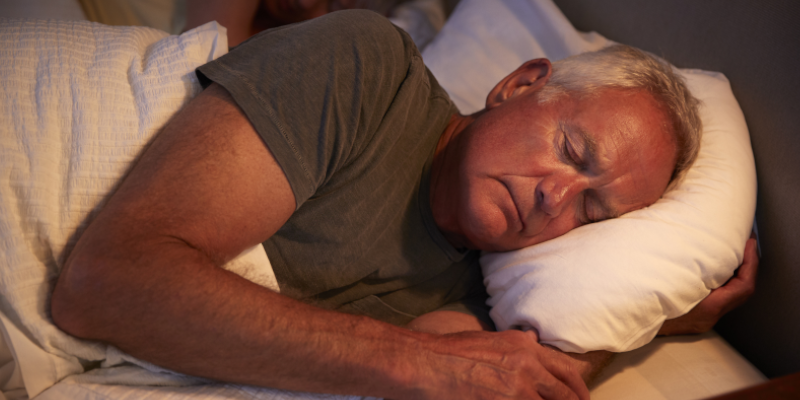Those living with type 2 diabetes could lose weight while sleeping with the help of a new treatment currently undergoing testing by scientists.
Researchers at the University of Portsmouth need volunteers to see whether breathing lower amounts of oxygen (hypoxia) could help improve blood glucose levels and lead to weight loss.
Previous research has shown that hypoxia can reduce appetite and burn more calories in people with type 2 diabetes.
- Living at high altitude could reduce type 2 diabetes risk
- In Depth: Is oxygen key to insulin resistance?
Volunteers will take part in the trial from their own homes, spending two 10-day periods sleeping in a specialist tent that generates a lower oxygen environment.
At one point during the study, oxygen levels will be lowered to 15% – similar to conditions experienced by people living at high altitudes or passengers on an aeroplane.
Dr Ant Shepherd, senior lecturer at the University of Portsmouth’s school of sport, health and exercise science, said: “Type 2 diabetes is a common condition that causes blood glucose levels to become too high.
“For many people, it is a long-term condition which can negatively impact their everyday life and put them at a greater risk of developing other serious health complications, such as heart disease or eye problems.
“With the number of people living with type 2 diabetes expected to reach 700 million worldwide by 2045, it is vital that we find other successful interventions to help us treat and manage the condition, reducing the cost to the NHS and making people’s day-to-day lives better.”
The study team will monitor the effects of hypoxia on the body through body composition scans and blood glucose level testing.
Alongside this, the participants will also wear smart monitors, keep a food diary and will provide blood, urine and stool samples.
Dr Shepherd added: “There’s already quite a lot of evidence from other studies which shows that hypoxia improves the control of blood glucose levels and results in weight loss.
“We’re not entirely sure why this happens, but we think it’s likely to be because it helps you burn more calories and appetites become suppressed so that people don’t feel as hungry.”
Trial participant Janet Rennell-Smyth said: “It doesn’t feel claustrophobic and, when you get used to the noise of the machine, it feels no different.
“I’m enjoying participating in the study that may give us, in future, alternate treatments for this disease. I would recommend anyone who is able, to volunteer and help out on this study.”







